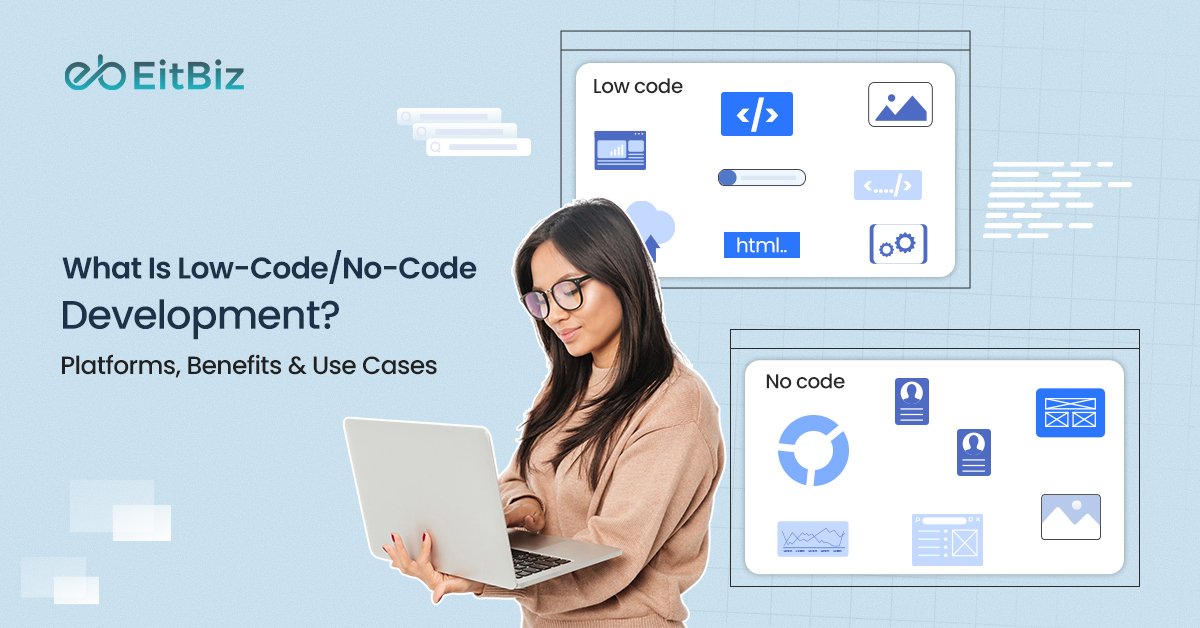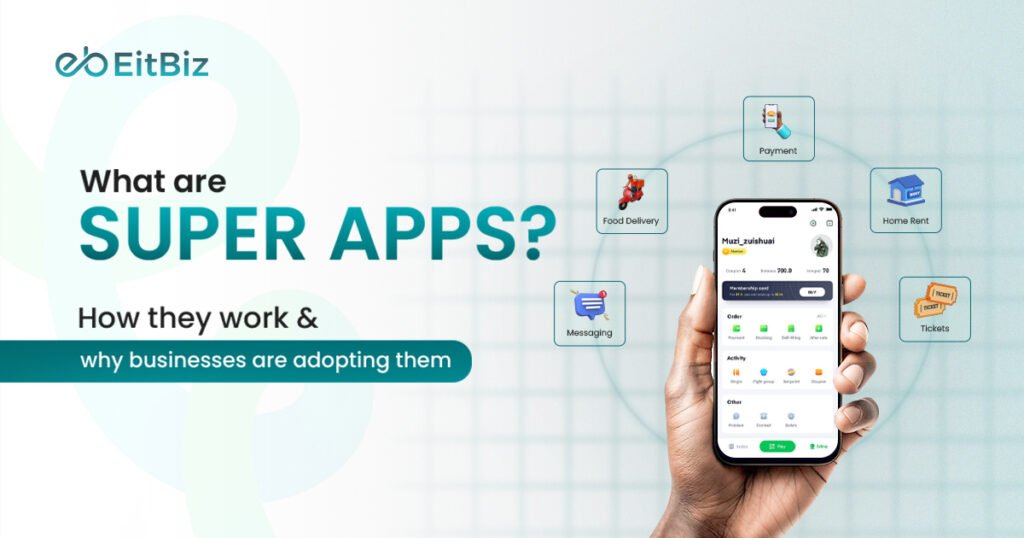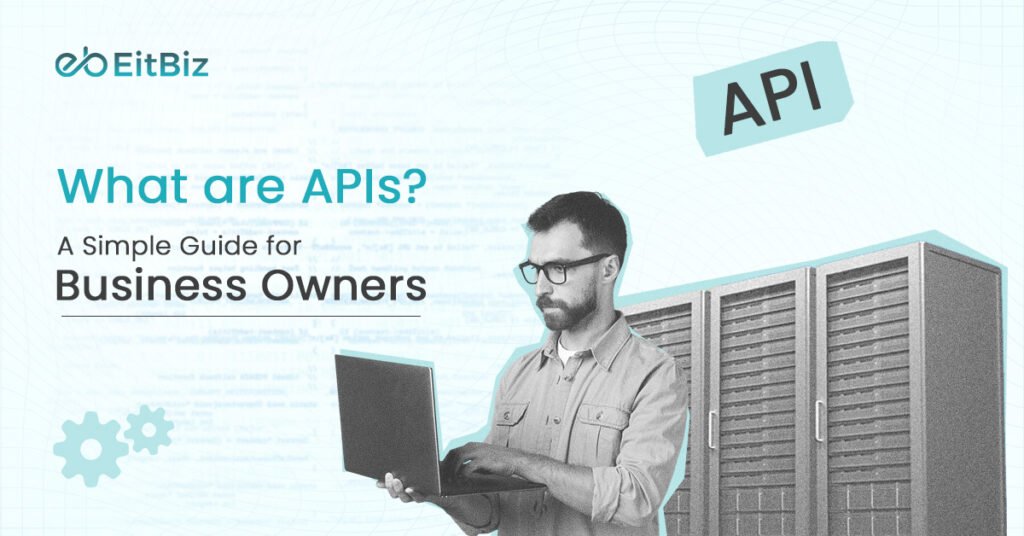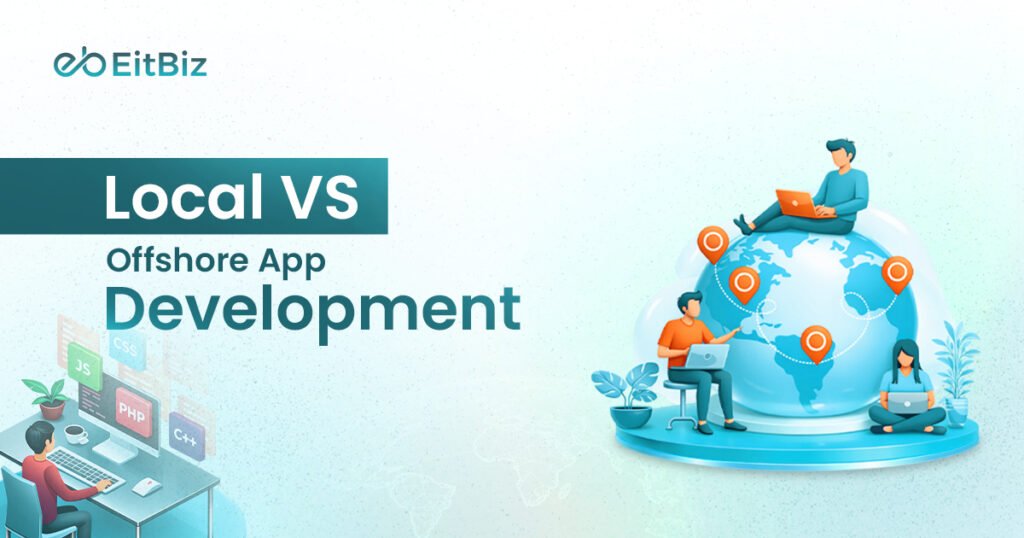Have you ever had a brilliant app idea at midnight but thought, “I wish I could build this without learning to code”?
You’re not alone!
Many businesses and entrepreneurs face the same barrier: “Building software traditionally requires heavy coding, time, and cost.”
But here’s the good news!
The rise of low-code development platforms and no-code development platform options has transformed the way we build software, which allows anyone to build an app without coding.
Today, we will break down:
- What does low-code and no-code development actually mean?
- The benefits of low-code and benefits of no-code
- The best low-code app development platforms and no-code tools
- Practical low-code & no-code use cases
- How your business can leverage this revolution to innovate faster.
Let’s dive in.
What is Low-Code Development?
Low-code development refers to using visual interfaces with drag-and-drop functionalities instead of writing extensive lines of code to build software and apps.
These platforms allow developers to create applications quickly, using pre-built templates, integrations, and logic workflows to reduce manual coding efforts. While some coding may still be needed for advanced customization, the complexity is significantly reduced.
Did you know?
Nearly 75% of all new applications will be built using low-code technologies. (Source: Kissflow).
In short, low-code enables businesses to:
- Speed up development cycles
- Reduce dependency on large development teams
- Innovate and iterate rapidly.
What is No-Code Development?
A no-code development platform takes things a step further, which allows non-technical users to build applications entirely without writing code. These platforms provide visual builders, reusable components, and integrations with third-party tools that allow:
- Entrepreneurs, business analysts, and domain experts to build apps themselves
- Small businesses to automating workflows and processes
- Quick prototyping and MVP launches.
The goal is to democratize app development by enabling anyone to build an app without coding.
What are the Best Low-Code App Development Platforms?

Choosing the best low-code app development platforms depends on your business needs, scalability, and integration requirements. Here are some widely used options:
- OutSystems: Great for scalable enterprise apps and complex integrations.
- Mendix: Supports multi-cloud, advanced AI, and rapid enterprise development.
- Microsoft Power Apps: Excellent for businesses using Microsoft ecosystems for internal tools and workflows.
- Appian: Known for robust process automation and case management.
- Zoho Creator: Affordable, flexible, and good for SMEs looking for customized apps.
These low-code development platforms can help businesses automate processes, develop customer-facing apps, and replace legacy systems with modern solutions.
What are the Popular No-Code Application Development Platform Options?
If you are looking for a no-code application development platform to launch apps without hiring developers, consider:
- Bubble: Allows building complex web apps with full control over workflows without code.
- Adalo: Great for building native mobile apps visually.
- Glide: Transforms Google Sheets into mobile apps easily.
- Webflow: For no-code responsive website design and CMS capabilities.
- Airtable + Zapier: For database-driven app prototypes and automated workflows.
These platforms help you transform ideas into working apps and automate manual tasks without a single line of code.
What are the Benefits of Low-Code Development?
Adopting low-code offers numerous advantages to businesses of all sizes. Here are the benefits of low-code:
1) Accelerated Time-to-Market
Low-code platforms allow businesses to build apps 5-10x faster than traditional development. Visual editors, reusable components, and drag-and-drop builders reduce development cycles from months to weeks, helping you respond to market demands quickly.
2) Cost Efficiency
Since low-code development reduces manual coding, it lowers maintenance and development costs. Companies can optimize their budgets while focusing developer resources on high-value, complex tasks.
3) Enhanced Collaboration
Low-code platforms bridge the gap between IT and business teams. Business stakeholders can actively participate in building and refining workflows while developers focus on advanced customization, ensuring aligned goals and clear outcomes.
4) Flexibility and Scalability
Unlike no-code, low-code platforms allow custom code integration for advanced use cases, enabling scalability for enterprise-grade applications while retaining rapid development benefits.
5) Seamless Integration with Existing Systems
Many low-code development platforms provide pre-built connectors and APIs for seamless integration with CRMs, ERPs, and third-party systems, modernizing legacy processes without full system replacements.
What are the Benefits of No-Code Development?
The benefits of no-code are ideal for startups, small businesses, and non-technical founders:
1) Empowers Non-Technical Teams
A no-code development platform allows marketing teams, business analysts, and operational managers to build applications themselves, reducing dependency on IT teams.
2) Rapid Prototyping and MVP Development
Entrepreneurs can launch Minimum Viable Products (MVPs) to validate ideas quickly and gather user feedback before investing heavily in full-scale app development.
3) Cost-Effective for Small Businesses
No-code platforms help small businesses build an app without coding or hiring expensive developers, saving money for marketing and growth.
{Also Read: A Founder’s Guide to Software Development for Startups}
4) Easy Maintenance and Updates
Non-technical teams can update workflows, app logic, and UI without developer intervention, reducing bottlenecks and ensuring agility.
5) Automation of Repetitive Processes
Businesses can automate repetitive manual tasks like data entry, approvals, and lead management, freeing up valuable human resources for higher-impact activities.
What are the Low-Code No-Code Use Cases?

The practical low-code and no-code use cases include:
- Internal tools: Dashboards, approval workflows, HR onboarding systems.
- Customer portals: Self-service platforms, complaint management apps.
- Process automation: Automate repetitive tasks like lead capturing, support ticketing.
- Field service apps: For inventory management, surveys, and inspections.
- E-commerce apps: Launch customer-facing apps integrated with payment gateways.
- Data collection apps: Replace manual Excel workflows with automated systems.
- Marketplace apps: Build MVPs for marketplaces without hiring large dev teams.
The opportunities are limitless, empowering businesses to innovate without technical roadblocks.
What are the Potential Challenges to Consider?
While low-code development platforms and no-code development platform options are powerful, they also have limitations:
- Vendor lock-in concerns if migrating later.
- Performance bottlenecks for extremely complex applications.
- Security configurations require careful management.
- Customization limits in no-code for highly specific needs.
Having a strategic partner can help you overcome these limitations while leveraging the full potential of low-code/no-code platforms.
What is the Future of Low-Code/No-Code Development?
According to Gartner, by 2026, over 80% of software will be built using low-code/no-code platforms.
As AI integrations mature, these platforms will become even more powerful, enabling:
- Natural language prompt-based app building.
- AI-generated workflows and design suggestions.
- Integration with advanced analytics and IoT seamless.
Now is the perfect time for businesses to adopt low-code/no-code development as a core part of their digital transformation journey.
Ready to Build Without Coding? Partner with EitBiz
If you want to build an app without coding but still want expert guidance to align your goals, EitBiz can help.
At EitBiz, we help startups, SMEs, and enterprises:
- Select the best low-code app development platforms and no-code tools based on your goals.
- Build scalable, user-friendly apps faster and at a lower cost.
- Integrate your apps seamlessly with your existing workflows.
- Provide ongoing support, ensuring your app evolves with your business.
Whether you need a customer portal, marketplace MVP, or complex enterprise workflow, EitBiz ensures your low-code/no-code journey is effective, secure, and scalable.
Final Thoughts
Low-code and no-code development are not just trends; they are transforming how businesses innovate, automate, and scale. By leveraging the benefits of low-code and the benefits of no-code, you can build high-quality applications faster and more affordably.
It’s time to bring your app ideas to life without barriers.
Ready to innovate faster? Contact EitBiz today at info@eitiz.com and let’s build your app together.





